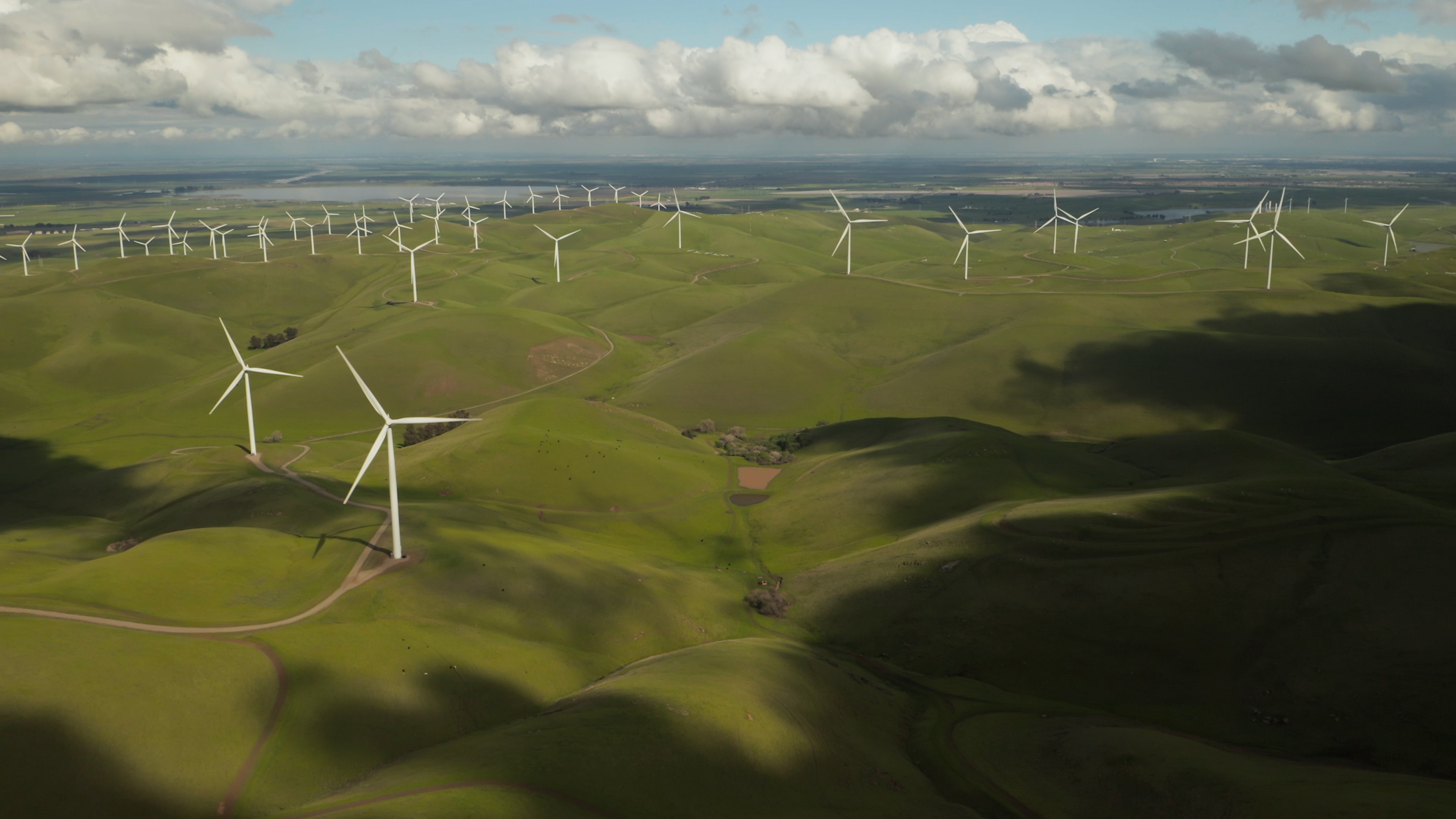Net-Zero Transition – Latest signals of change (18.06.21)
We Mean Business Coalition
Here are just some of the signals of change from the past week, demonstrating the transition to a resilient and inclusive net-zero economy is accelerating.
Net-Zero Economy
The We Mean Business Coalition is hosting an informational webinar on how companies can advocate for increased climate policy ambition on the road to COP26 and the business benefits of driving policy ambition. The G7 summit ended with rich nations reaffirming their goal to limit global heating to 1.5C, and agreeing to protect and restore 30% of the natural world by the end of this decade. The CBI, UK’s biggest business lobby group, has called on the government to do more to “unlock” the resources of the private sector with regard to tackling climate change, while more than 100 business leaders have warned that the UK government’s planning reform did not go far enough to ensure environmental objectives would be met. UK’s biggest investor Legal and General Investment Management has dropped AIG from some of its funds over concerns that the US insurer has “insufficient” policies in place over climate change risks. COP26 president Alok Sharma has urged businesses to commit to reaching net-zero emissions by 2050, under the “Race To Zero” campaign. South Korea has proposed a 40% emissions reduction target for 2030, relative to 2017 levels. And NATO has agreed on a climate action plan to help mitigate climate change and incorporate climate change considerations into its full spectrum of work.
Net-Zero Energy
Japanese electronics company NEC Corporation and German chemicals company Brenntag have pledged to switch to 100% renewable electricity with the Climate Group’s RE100 initiative. Eon – the UK’s biggest electricity provider – has called on the country’s government to implement stricter regulations if it is to reach net zero by 2050. $213 Billion Dutch fund manager Robeco will start pressuring Australia to phase out its reliance on coal and other natural resources. Canada will not approve new thermal coal mining projects or plans to expand existing mines because of the potential for environmental damage. The Bank of England has announced GHG emissions from its general operations had fallen by 53% in 2020/21, with most of the fall due to switching to renewable energy. The industry body Solar Energy UK has called for the UK government to set a 40 GW 2030 target, which could deliver 13,000 new jobs, $24 billion in additional economic activity and a 4.7% cut in total UK carbon emissions. And US solar installations have soared 46% in the first quarter with the country on track to install 24.4 GW this year, an increase of nearly 24% over last year.
Net-Zero Transport
The World Business Council for Sustainable Development (WBCSD) is hosting a webinar on 22 June 2021 for the launch of its upcoming India advocacy paper: “Policies for India’s global leadership on EV adoption”. Volvo is teaming up with steelmaker SSAB as it plans to build cars using steel made without fossil fuels by 2026, which could significantly reduce the carbon emissions from manufacturing its vehicles. General Motors will spend $35 billion in the years leading up to 2025 on developing electric and driverless as part of its commitment to end the production of ICE vehicles by 2035. Global sales of ICE cars likely peaked in 2017, as demand for EVs grows, almost certainly marking the permanent decline of gas-powered vehicles. China’s electric car leaders predict new energy vehicles will dominate the local market by 2030, with EVs accounting for 70% of the country’s new car sales by the end of the decade. The International Maritime Organization has approved further measures to reduce the carbon intensity of commercial vessels. Aircraft and ship engine manufacturer Rolls-Royce has outlined plans to reach net-zero emissions by 2050 through decarbonizing technologies investments and sustainable aviation fuel use. And switching to more sustainable airline fuel could reduce the amount of soot pollution by 50-70% and lower the number of ice particles contained in the contrails, which could lead to decreased warming.
Net-Zero Built Environment & Heavy Industry
US biopharmaceutical company AbbVie, UK construction and civil engineering company Kier Group plc and US real estate company CLS Holdings Ltd have joined the Business Ambition for 1.5°C campaign. Japanese real estate company Tokyo Tatemono Co. and Ltd., Canadian construction company Aecon Group Inc. have committed to set a science-based target, while German copper producer Aurubis AG and US real estate company Equinix, Inc. had theirs approved. US aluminum producer Alcoa details plans to cut 70% of carbon emissions from the material production by tapping renewable energy.
Net-Zero Land Use & Nature Based Solutions
Swedish dairy producer Skånemejerier AB has committed to set a science-based target, while Canadian food producer Riverside Natural Foods and Australian winery Taylors Wines had theirs approved. Japanese fruit and fresh produce company Fyffes has joined the Business Ambition for 1.5°C campaign. BNP Paribas Asset Management has launched the BNP Paribas Ecosystem Restoration fund, which will have 40-60 holdings selected from 1,000 global companies focused on aquatic, terrestrial and urban ecosystem restoration. AXA’s investment management arm will stop investing in companies that contribute to deforestation or the loss of biodiversity. The UK government will propose an amendment to the country’s Environment Bill, which will require major national infrastructure projects to provide a net gain for nature. Using sustainable farming practices to grow soy and maize in China could cut GHG emissions and fertiliser use as well as improving food security, according to new research. And Ghana has planted at least 5 million trees to help regrow the country’s lost forests and curb the impacts of climate change.

